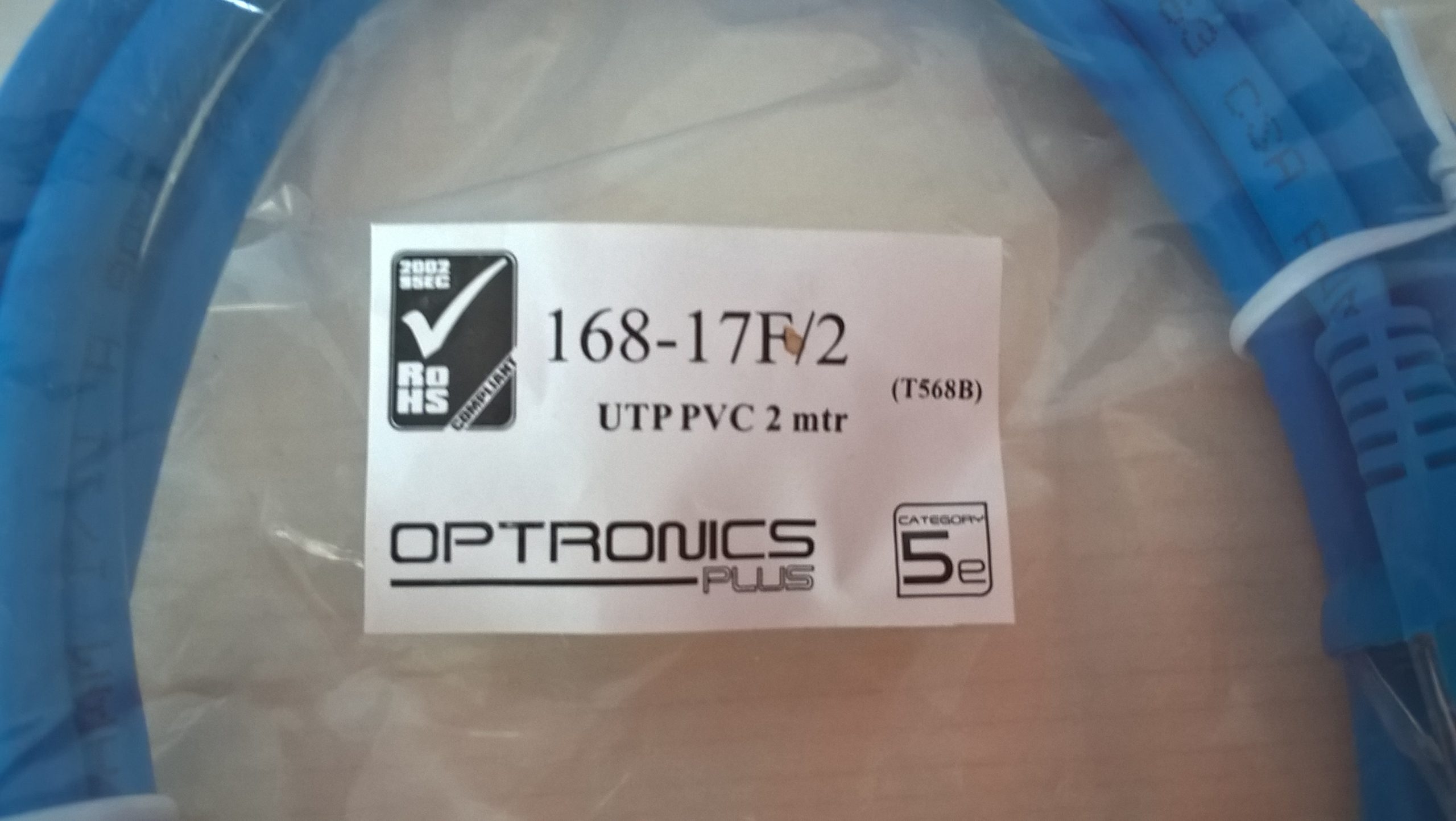Title: The Curious Case of AT&T and the Hacker: A $300K Payment for Deleted Data
In a surprising turn of events, AT&T reportedly paid a hacker more than $300,000, allegedly in exchange for the deletion of stolen data. The twist? The hacker claimed to have shared a video as proof of data deletion. This bizarre situation raises numerous questions about the efficacy and ramifications of such a transaction.
Is this really the best way to handle a breach? The notion that a video could serve as “absolute proof” seems almost laughable to many. After all, isn’t it a possibility that this payment could incentivize future hacks? Once a hacker knows that a payout is possible, what’s to stop them from attempting the same tactics again?
In a report by WIRED, they examined the video presented by the hacker as tangible evidence of data removal. However, AT&T did not provide any comments regarding the incident, leaving a cloud of uncertainty hanging over the entire affair.
For those intrigued by the details, you can find the original report by WIRED here.
This incident not only highlights vulnerabilities within major corporations but also raises significant ethical questions surrounding ransom payments and cybersecurity practices. How should businesses navigate the complexities of data breaches and untrustworthy actors? This situation is far from resolved, and it certainly provides food for thought on the ever-evolving landscape of digital security.
What are your thoughts on this matter? Will paying hackers become a standard practice, or should companies focus on strengthening their security measures? Let’s discuss!
Share this content:




Thank you for sharing this intriguing case. It’s important to recognize that relying solely on a hacker’s proof—such as a video—may not be sufficient to verify data deletion, as such content can be manipulated or fabricated. From a cybersecurity perspective, I recommend implementing comprehensive data deletion verification methods, such as:
Also, considering the ethical and legal implications, paying ransoms can incentivize malicious activity and may violate regulations depending on your jurisdiction. Strengthening security measures—such as regular vulnerability assessments, employee security training, and robust access controls—can reduce the likelihood of breaches occurring. If you encounter a breach, working with cybersecurity professionals and law enforcement authorities is generally advised over negotiations.
If you’re interested in automating or validating data deletion securely, some solutions involve deploying secure deletion tools and ensuring proper logging of the process. For further assistance tailored to your specific setup, please feel free to contact our support team.